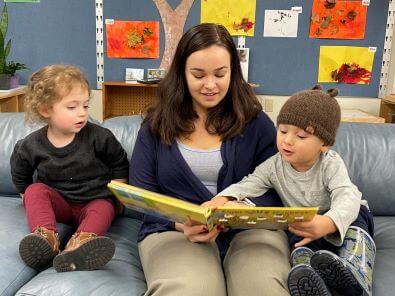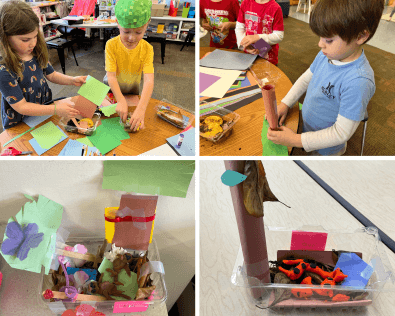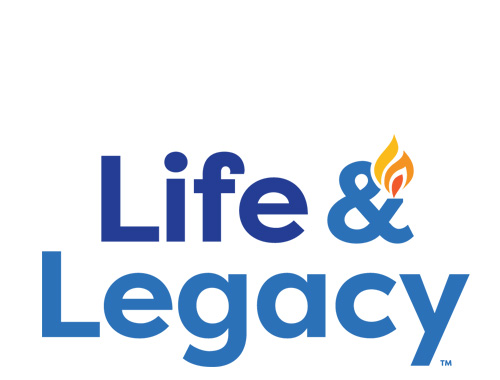Schechter Shavua: November 4, 2022
STEAM Challenge Has Students Using their Heads…Literally!
The Anafimstudents (grades 1-2) put their engineering skills to the test as they faced a challenge: to create a structure that would balance an apple on someone’s head. This STEAM activity (Science, Technology, Engineering, Art, and Math) began with discussions of balance: is it easier to balance an apple while standing completely still, or while moving? Working with partners, students designed and sketched a product that would be made only with basic household materials. Once they were satisfied with their plans, students pitched the idea to a teacher before gathering materials and assembling the prototype. Practicing the time-honored tradition of trial and error, students then tested their models, learning from mistakes when something went wrong and tweaking the design until they were happy with the product and could balance the apple as directed. Each time a group tested their product, they were encouraged to assess the best way to support their apple and prevent their contraptions from falling down.
To see more photos of this engineering challenge, click HERE
Hannah Pliskin: From Student to Teacher!
 We absolutely love that feeling of l’dor va dor at Schechter! So we are kvellingabout our newest staff member, Hannah Pliskin. A Schechter graduate in 2014, Hannah so valued her Schechter experience that she wanted to return here to work after graduating from the University of Connecticut. In college, her connection to Judaism remained strong: Hannah was very involved in Hillel and worked as a counselor at Camp Ramah in New England for many years, where she was especially passionate about working with campers with special needs.
We absolutely love that feeling of l’dor va dor at Schechter! So we are kvellingabout our newest staff member, Hannah Pliskin. A Schechter graduate in 2014, Hannah so valued her Schechter experience that she wanted to return here to work after graduating from the University of Connecticut. In college, her connection to Judaism remained strong: Hannah was very involved in Hillel and worked as a counselor at Camp Ramah in New England for many years, where she was especially passionate about working with campers with special needs.
Hannah wears a number of hats at Schechter, but most of the time you can find her in Nitzanim (EC2) or as the Tzaharon(Aftercare) leader. Hannah loves helping our youngest students learn how to do things independently and be successful. She enjoys going outside with them and witnessing their endless curiosity and excitement. In Tzaharon, Hannah finds that she can build strong relationships with the students after school and she has a lot of fun with them.
When not at Schechter, Hannah loves doing yoga, going swimming, and spending time with her twin sister, Maddy. #schechterhartfordpride
Studying Habitats and Making Connections to ParashatNoah
 The Ilanotclass (Kindergarten) participated in a cross-content area activity applying their scientific knowledge to create "stall habitats" for the animals on Noah's ark. Students studied six different habitats (Ocean, Grasslands, Safari, Dessert, Jungle, and Mountains), learning what different animals need to live and grow, and why they live in specific habitats. Each student then created the perfect living quarters for their chosen animals for their 40 day stay on Noah's ark during the flood.
The Ilanotclass (Kindergarten) participated in a cross-content area activity applying their scientific knowledge to create "stall habitats" for the animals on Noah's ark. Students studied six different habitats (Ocean, Grasslands, Safari, Dessert, Jungle, and Mountains), learning what different animals need to live and grow, and why they live in specific habitats. Each student then created the perfect living quarters for their chosen animals for their 40 day stay on Noah's ark during the flood.
Parashat Lekh Lekha — Journeys and Resilience
 This week’s parashahbegins with God’s command to Abraham to go on a long journey to a faraway land. Why? Because, the Torah explains, God promised to multiply Abraham’s descendents and give them that land.
This week’s parashahbegins with God’s command to Abraham to go on a long journey to a faraway land. Why? Because, the Torah explains, God promised to multiply Abraham’s descendents and give them that land.
But this answer doesn’t really respond to the question. Why couldn’t Abraham have built his family in H aran, where he was living at the time? Why not give Abraham’s descendents a portion of northern Syria, where Haran was located? Why did God make Abraham go on a journey, when God’s promises could have been fulfilled right where Abraham was?
I think that God knew that if Abraham was to accomplish his mission — of starting a family that would cultivate a special relationship with God, and that would seek to spread justice and kindness in human society — then Abraham would need to be extremely resilient. He would have to endure challenges, doubts, and even attacks; he would have to stand up to injustice and in regions that would be indifferent to him at best and hostile at worst. Unless he possessed tremendous resilience, he would surely have failed.
And there is nothing like travel to develop resilience. Just the fact that we are away from home forces us to adapt and become more independent. Journeys are unpredictable; that is their power. We can grow at home, no doubt, but often the biggest strides in personal growth come when we are on a journey.
Our children are living in a challenging time, and it is our responsibility to help them become as resilient as we can. Sometimes, we can do so with journeys — family road trips, etc. — and sometimes, the journey is more symbolic. We need to let them face challenges on their own. We need to let them fail sometimes — because that too leads to growth. We need to show them, as God showed Abraham, that they are tougher than they might realize.
What does our society need now more than Abraham’s mission of justice and kindness, rooted in a belief that all human beings are created in God’s image? May we raise children resilient enough to continue that sacred mission.
Shabbat shalom,
Rabbi Jonathan Berger
Head of School
Questions for the Shabbat table:
1. Abraham had to sacrifice the comforts of home, and of living in a familiar place — to carry out God’s instructions. He went from life in a city to life in tents. Do you think that was an important part of his growth, or not? Why?
2. When in your life have you gone on a journey, or traveled to a truly unfamiliar place? What impact did that have on you?
Solomon Schechter Day School
of Greater Hartford
26 Buena Vista Road
West Hartford, CT 06107
© Solomon Schechter Day School of Greater Hartford | Site design Knowles Kreative




